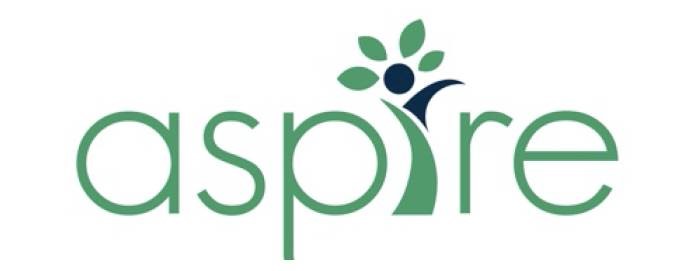Early Pregnancy: A Critical period for mother and baby
In the U.S., millions of women get pregnant and have babies each year. During pregnancy, changes in the immune system and lungs can increase the risk for severe illness or death from respiratory viruses. Additionally, babies in utero can be negatively impacted by viral infections in the mother, leading to miscarriage, birth defects, or problems with brain development.
The first ten weeks of pregnancy are the most critical and most vulnerable for fetal development. This is the period when all of a baby’s organ systems form and the placenta - the crucial connection between mom and fetus - develops. The lifelong health trajectory of a baby can be impacted during this time, yet there are NO data about the impact of COVID-19 infection during this critical period.
Given the potential dangers to mothers and unborn babies, we need answers now to be equipped to support and counsel women who have become pregnant or are planning to get pregnant during this global pandemic. There are also risks associated with NOT knowing if or how COVID-19 infection affects pregnant women, including anxiety or changes in behavior such as prolonged sheltering-in-place. Even if the COVID-19 virus has no effect on pregnant women or their babies, we must collect this data quickly to have an evidence-based approach to best inform and safeguard our patients, empowered by facts, not fear.
ASPIRE: Charting a path to uncover COVID-19 impacts
Solid epidemiologic data about the effects of prior viral epidemics on pregnancy (SARS, H1N1) is limited due to a lack of high-quality prospective studies that follow women from the earliest stages of pregnancy. Historically, the first trimester has been inaccessible to medical research because most women don’t arrive at their initial obstetrician appointment until close to the end of the first trimester - several weeks after the critical period of fetal development has closed.
To circumvent this challenge, our team at UCSF has partnered with the Society for Assisted Reproductive Technology (SART), the only nationwide resource in the country which tracks early pregnancies from the moment of conception. The SART network includes nearly 400 clinics across the country which contribute data on approximately 100,000 births each year. This powerful collaboration uniquely positions us to launch a breakthrough study that that will provide the first data about COVID-19 infections during the critical first trimester of pregnancy and its impact on women’s health and that of their developing babies.
Our Impact
Together, we can answer critical questions to inform evidence-based COVID-19 related pregnancy care and inform women’s health and public policy including:
- Is now a safe time to get pregnant?
- Are pregnant women at higher risk for severe illness if they get they get COVID-19?
- Are women exposed during the first trimester at higher risk of miscarriage or preterm delivery?
- Are babies exposed during the first trimester at higher risk of congenital malformations or adverse neurologic development?
- Even if women don't get symptoms, could the virus affect their pregnancy?
- Are certain pregnant women at higher risk of dangerous outcomes - for mom and baby?
Understanding if and how COVID-19 impacts pregnant women and their developing babies is essential. Everyone is a stakeholder – pregnant women, their unborn children and families, healthcare providers, and society at large. We are all in this together.
